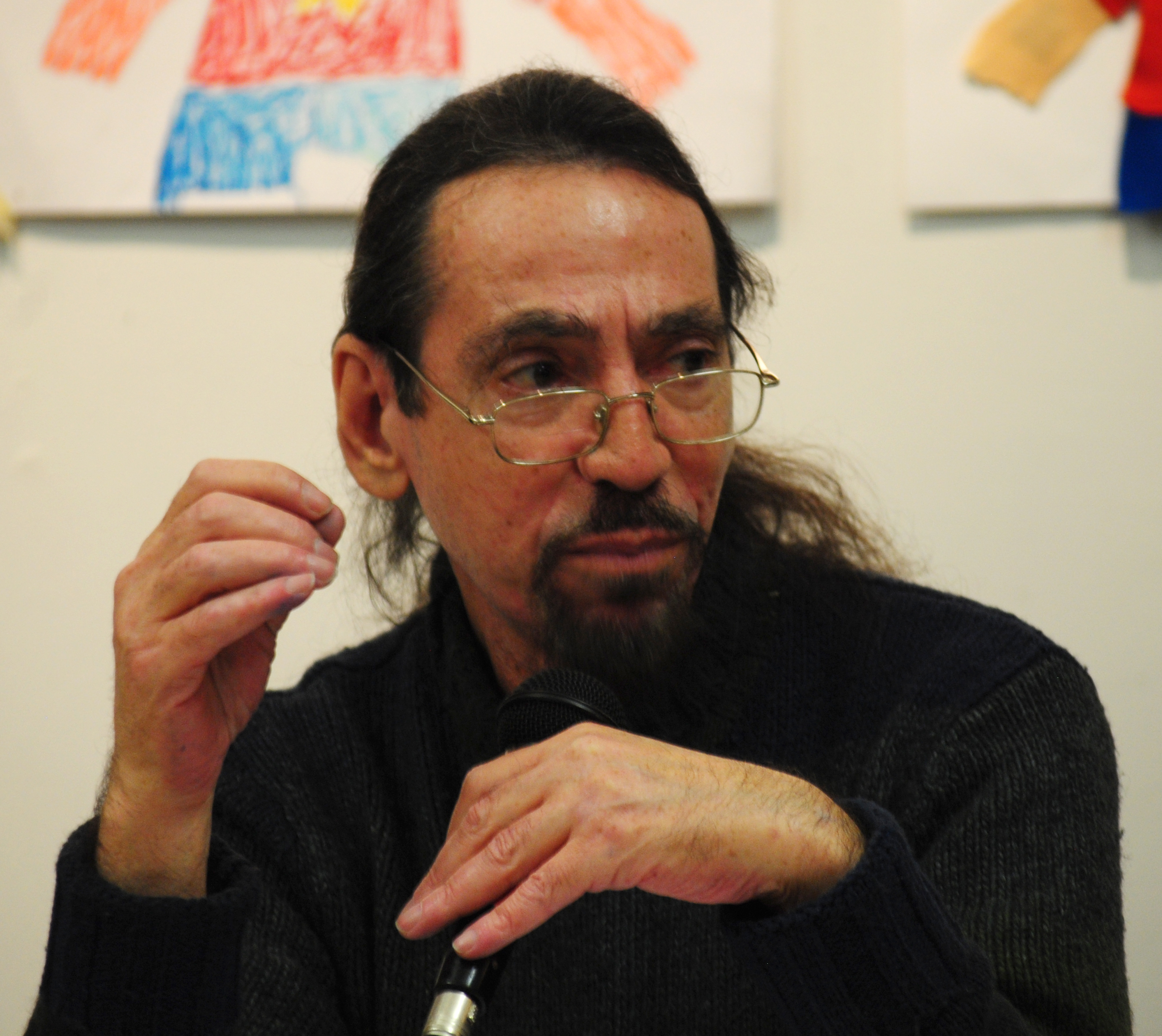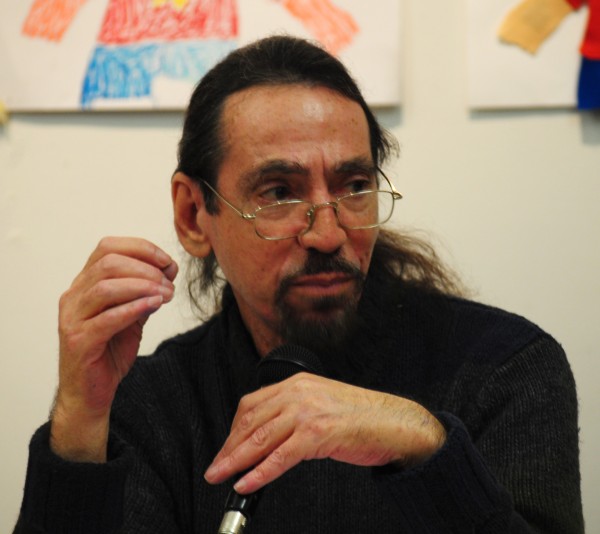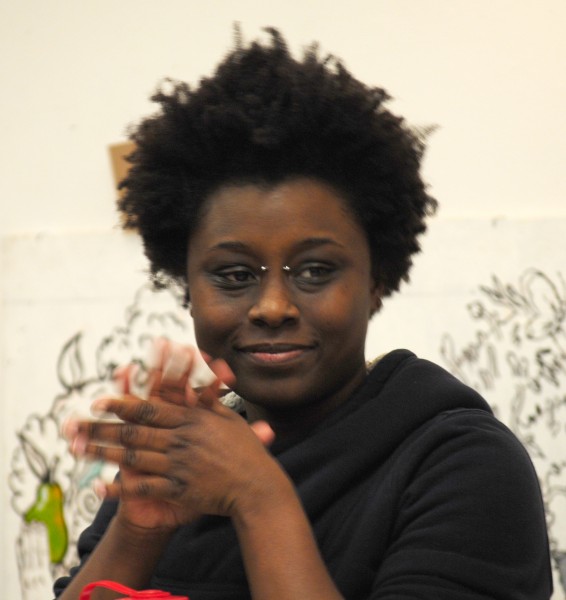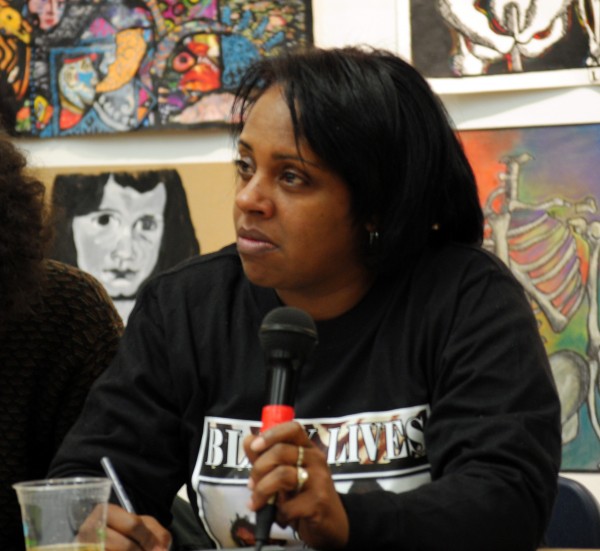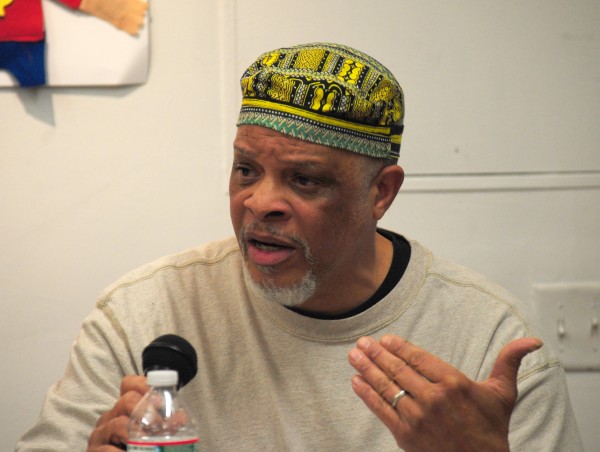 According to City Hall, Providence has a major budget crisis to face, meaning the municipality needs to tighten its belt. But if this is true, why are we paying a finder’s fee to Teach for America, the corporately-backed nonprofit that is pumping the nation’s schools full of under-trained teachers who do serious damage to the learning experience of the student while bashing the teacher unions and privatizing schools?
According to City Hall, Providence has a major budget crisis to face, meaning the municipality needs to tighten its belt. But if this is true, why are we paying a finder’s fee to Teach for America, the corporately-backed nonprofit that is pumping the nation’s schools full of under-trained teachers who do serious damage to the learning experience of the student while bashing the teacher unions and privatizing schools?
The Rhode Island Teach for America offices are located at 1 Western Exchange Center, Suite 101, 67 Cedar Street in Providence. Their impact on Providence schools is shown to be nothing but detrimental in a recent report filed by Jaisal Noor of The Real News Network wherein he speaks to education scholar and TFA alumnus T. Jameson Brewer, the co-editor of Teach For America Counter-Narratives: Alumni Speak Up and Speak Out who has just completed a study of TFA that was the subject of an interview by Glen Ford of Black Agenda Report we previously referred to in our report on City Year Rhode Island. One quote that seems particularly relevant to the allegedly cash-strapped Providence is the following:
[I]n most cases if you have the prospect of filling a single teaching position with either a Teach For America corps member or equally experienced, or rather inexperienced, non-TFA teacher, it’s actually more expensive to fill that position with Teach For America on the front end, because TFA requires non-refundable finder’s fees, right, that range anywhere between $2,000-5,000 per corps member per year. And even if the corps member quits, the district is still obligated to pay the rest of that finder’s fee to Teach For America. [Emphasis added.]
Between Teach for America and City Year alone, we are talking about municipal expenditures that are costing the city millions of dollars that it allegedly does not have. At a time when the social safety net is most precarious why is Jorge Elorza giving away freebies?
The popular media narrative of the 2014 Providence mayoral election was that the East Side threw support behind Elorza and delivered him the vote to prevent a return to power for Vincent “Buddy” Cianci. But the point not raised is that the East Side is an enclave of private sector NGO-industrial complex policy wonks that support corporate school deform efforts, including the Democratic Party finishing school of neoliberalism known as Brown University’s School of Government. Perhaps the election narrative needs to be revisited.



